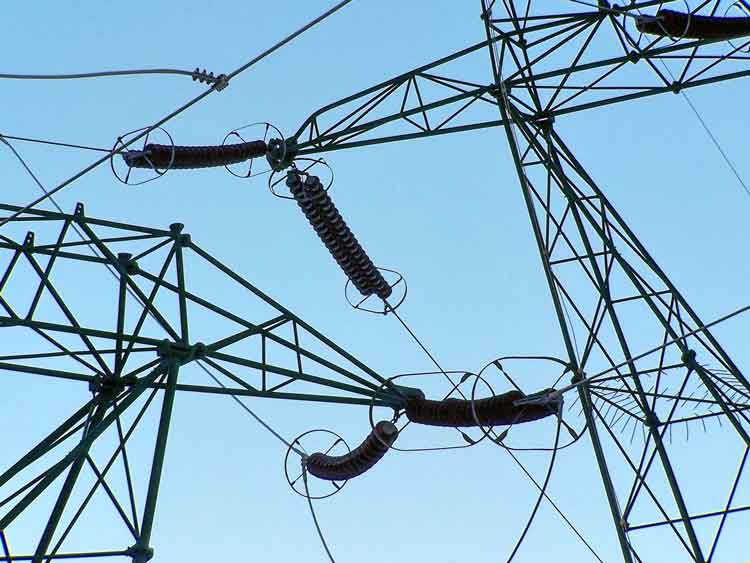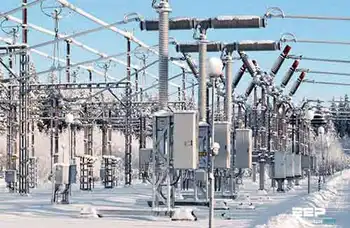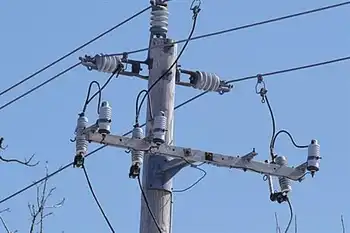California unplugs Utah power boost
By Salt Lake Tribune
NFPA 70e Training - Arc Flash
Our customized live online or in‑person group training can be delivered to your staff at your location.

- Live Online
- 6 hours Instructor-led
- Group Training Available
Their action promises to pit California's tough new environmental laws and the state's commitment to rolling back greenhouse emissions against the interests of thousands of Utah consumers who eventually may need the electricity that a third generating unit could provide.
The six California cities take 75 percent of the electricity generated at the IPP. As a result, their votes far outweigh those of the 23 Utah municipal members, which are represented by the Utah Associated Municipal Power Systems, or UAMPS, and Rocky Mountain Power.
The whole matter could wind up in court, with the Utah municipalities and Rocky Mountain Power vowing to do whatever is necessary to clear the way for the new unit.
"We have no problem if they don't want to participate in building that unit," said spokesman Dave Eskelsen of Rocky Mountain Power, which takes 4 percent of the power produced by IPP and is interested in getting more to meet its customers' demands.
Rocky Mountain Power, however, considers it improper for those California cities - Los Angeles, Pasadena, Anaheim, Burbank, Glendale and Riverside - to block needed generating capacity in Utah to satisfy California's environmental laws.
The IPP is an 1,800-megawatt, coal-fired generating plant operated by the Salt Lake City-based Intermountain Power Agency, which represents the interests of the 36 municipalities, electrical cooperatives and investor-owned utilities that get power from the facility.
The proposed third unit, if it is built, would add another 900 megawatts of generating capacity. One megawatt is enough to provide power to 750 to 1,000 homes.
Reed Searle, general manager of the IPA, said his organization has no choice but to dump development plans for the third unit because of the six California cities' refusal to cooperate with those who want it built.
"We have no doubt that they (Rocky Mountain Power and the 23 Utah municipalities) will need the power," said Searle, whose organization finds itself in the middle of a high-stakes dispute among its members. "Unfortunately, we can't get the support to get construction of that third unit done."
IPA had expected to be able to get signed construction contracts for the third unit by the end of the year, Searle said.
Searle said that in his 19-year history with IPA, it has been very rare when there wasn't a unanimous vote among stakeholders on how the plant should be run.
"It was a major shock to us," Searle said of the California cities' decision. "And I'm sure it has a lot to do with that state's new initiatives to fight global warming."
Among California's new environmental initiatives is the Global Warming Solutions Act of 2006, a law signed by Gov. Arnold Schwarzenegger. It sets up a statewide program to cap all greenhouse gas emissions from major industries in California and includes penalties for noncompliance.
Spokesman Joe Ramallo of the Los Angeles Department of Water and Power, which takes nearly 45 percent of the power produced from the IPP, declined to discuss his city's dispute with Rocky Mountain Power and UAMPS.
However, his agency announced in 2003 that it wasn't going to buy any more electricity generated from coal.
"We've committed that 20 percent of the power we provide will come from renewable resources by 2010 and 35 percent by 2025. Right now we're at 9 percent and climbing," Ramallo said.











